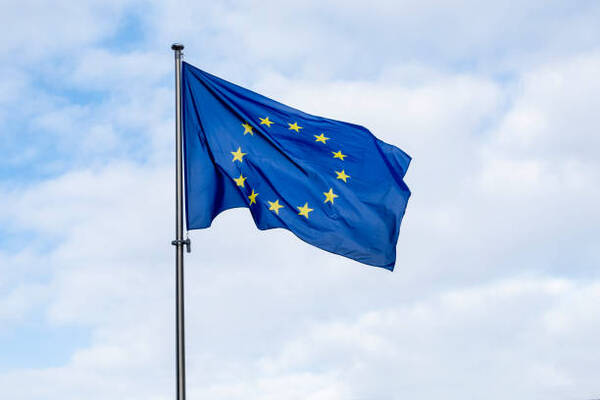Friday, June 27, 2025
Leaders representing all twenty-seven member countries of the European Union are gathering in Brussels for a high-level summit aimed at tackling a wide range of pressing international and regional concerns. The agenda is packed with critical issues, including the potential expansion of sanctions on Russia, rising economic tensions with the United States over threatened tariffs, and the European Union’s evolving role in Middle East diplomacy.
This summit follows closely after a NATO meeting where participating countries reaffirmed commitments to boost defense expenditures and maintain transatlantic unity. Despite signs of friction between European capitals and Washington, the EU remains committed to strategic coordination on security and foreign policy matters.
One of the focal points of the Brussels summit will be the ongoing war in Ukraine. Although recent shifts in NATO priorities have seemingly placed less emphasis on the conflict, the European Union continues to consider the war a top-tier security concern. The head of Ukraine’s government is expected to address EU leaders via video conference, reinforcing the country’s need for sustained European support as the conflict stretches into another year.
Among the most debated topics will be the introduction of an eighteenth round of sanctions targeting Russia. This package could include the extension of the price cap on Russian crude oil, a measure that has helped limit Moscow’s energy revenues. Still, there is a lack of consensus among several EU member states. Some countries have voiced concern that continued restrictions could inadvertently cause energy prices to rise, especially as the continent prepares for another winter of tight energy supplies.
Simultaneously, the European Union is navigating renewed tensions with the United States, particularly regarding trade. The possibility of fresh U.S. tariffs on European goods has raised alarms within the bloc, which negotiates trade policies as a single entity on behalf of all its members. Criticism from Washington over individual defense budgets has further strained diplomatic relations, with some European capitals fearing retaliatory trade measures that could damage already fragile economies.
The summit will also address the European Union’s diplomatic strategy toward the Middle East. Growing instability in the region—exacerbated by multiple armed conflicts and stalled peace negotiations—has prompted the EU to push for renewed dialogue, especially with Iran. The bloc aims to reinvigorate nuclear talks and prevent further escalation that could threaten broader international security.
However, internal divisions within the EU threaten to complicate consensus on key foreign policy positions. Member states remain deeply divided over how to respond to Israel’s actions in Gaza, with differing views on whether to adjust or maintain current policy stances. Meanwhile, tensions are also rising over the bloc’s shifting budgetary priorities. Some factions within the EU have criticized the perceived deprioritization of climate initiatives in favor of expanding military investment, reflecting broader ideological differences over the future direction of European policy.
Despite these challenges, defense and security are expected to dominate the summit’s proceedings. Leaders are expected to assess long-term plans aimed at enhancing military capabilities, focusing on higher defense budgets and deeper collaboration in procurement and intelligence.
The summit will conclude with the publication of a statement of conclusions—an official communiqué that will outline the EU’s key strategic objectives for the next four months. This document will serve as a critical indicator of the bloc’s political direction, not only on internal matters but also on Europe’s posture in global affairs.
As the EU continues to navigate a complex geopolitical environment, the Brussels summit stands as a critical moment for reaffirming unity, strengthening external partnerships, and balancing competing priorities across defense, energy, trade, and diplomacy.
